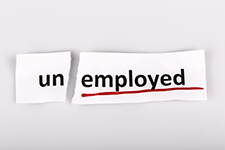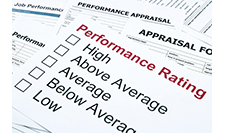![]() Educational paths, like college and career technical schools, can help pave the way to landing your dream job. But sometimes, the jobs we end up in aren’t directly tied to the education we received. Express Employment Professionals recently released the results of a survey conducted in both the U.S. and Canada which revealed that the least important factor when looking at job candidates was education. Instead, work ethic/integrity and attitude were the key characteristics that affected the hiring decision.
Educational paths, like college and career technical schools, can help pave the way to landing your dream job. But sometimes, the jobs we end up in aren’t directly tied to the education we received. Express Employment Professionals recently released the results of a survey conducted in both the U.S. and Canada which revealed that the least important factor when looking at job candidates was education. Instead, work ethic/integrity and attitude were the key characteristics that affected the hiring decision.
For our August question of the month, we want to know what role your education has played in your career or job search.
Movin’ On Up is brought to you by Express Employment Professionals.






